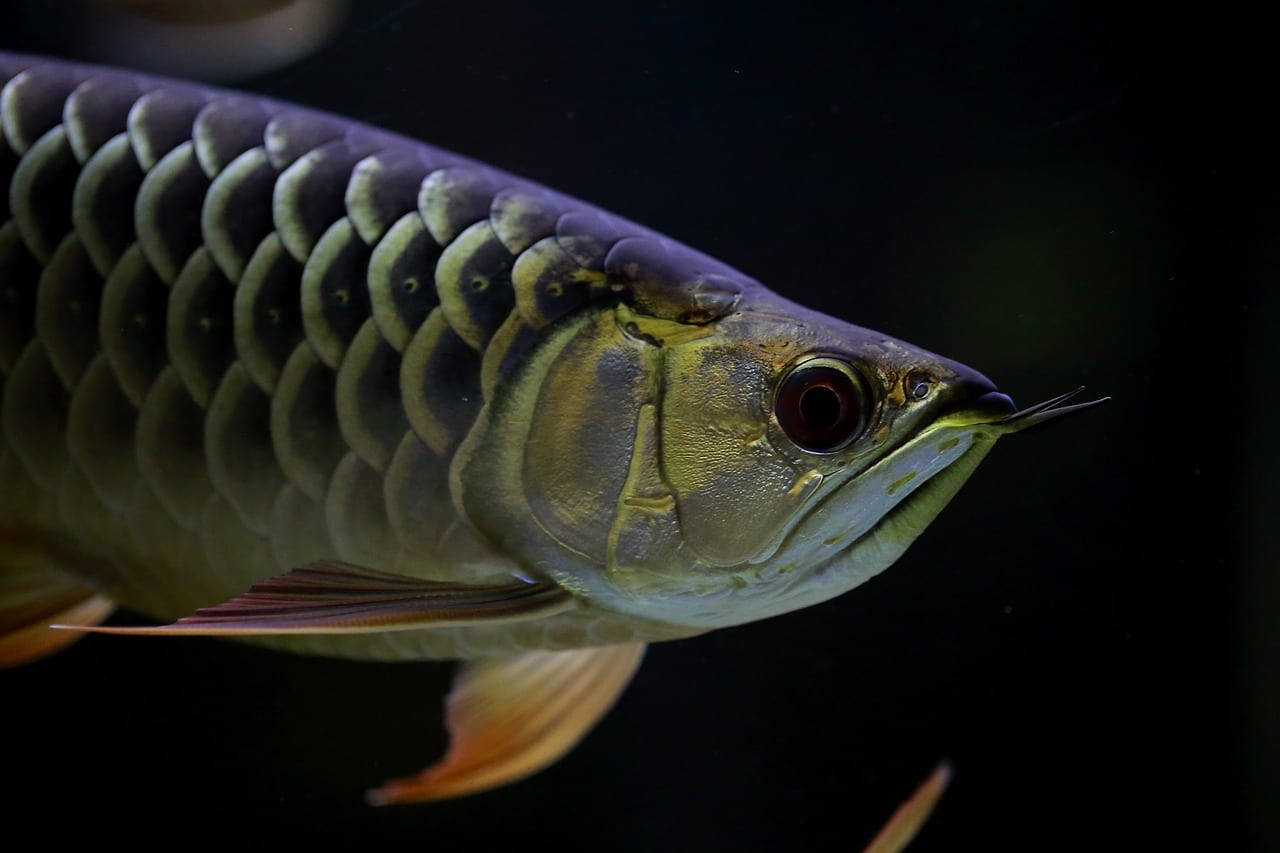
Effective Ways to Keep Your Betta Fish Healthy in 2025
Betta fish are vibrant and dynamic pets that require specific care to thrive. Understanding the various aspects of healthy betta fish care is crucial for any betta owner, whether you're a beginner or a seasoned aquarist. Proper nutrition, suitable tank conditions, and careful monitoring of their health are critical components in maintaining an optimal environment for these beautiful fish. This article will explore essential tips and guidelines to keep your betta fish healthy in 2025, covering everything from their nutrition to tank requirements and even breeding practices.
As we delve into the various factors affecting betta fish health, you'll learn how to identify signs of a healthy betta, prevent diseases, and enhance their living conditions. By following these effective methods, you can ensure that your betta fish lives a vibrant, active, and long life. Let's dive into the world of betta care!
Understanding Betta Fish Environment
Creating the right environment is foundational for maintaining betta fish health. Betta fish thrive in conditions that mimic their natural habitat. The tank size plays a critical role; while it's possible to keep a betta in a small tank, larger volumes of water (preferably at least 5 gallons) are recommended to promote healthier living conditions. This reduces stress and ensures better water quality.
Betta Fish Tank Requirements
To provide optimal conditions for your betta, focus on the following tank requirements:
- Water Temperature: The ideal optimal water temperature for bettas is between 78°F to 80°F. Use a reliable aquarium heater to maintain consistent temperatures.
- Water Quality: Maintaining excellent water quality is essential. Regularly test pH levels, making sure they range from 6.5 to 7.5, and keep ammonia and nitrite levels at zero.
- Filtration Needs: Betta fish prefer gentle filtration. Look for an aquarium filter that won’t create strong currents, as they are not strong swimmers.
Building on these fundamentals, having a well-maintained tank will enhance your fish’s overall well-being. The care put into their habitat reflects directly on their health.
Creating a Suitable Betta Fish Habitat
Your betta fish habitat should be both functional and appealing. Consider adding live plants, which not only beautify the tank but also provide hiding places and reduce anxiety. Java fern and anubias are excellent choices, as they thrive in low light and help maintain water quality.
Signs of a Healthy Betta
Recognizing the signs of a healthy betta is crucial for maintaining their well-being:
- Color Vibrancy: A healthy betta displays bright, vibrant colors. Dullness may indicate stress or illness.
- Active Behavior: An active and curious betta is a good sign. Excessive hiding or lethargy can signal health problems.
- Appetite: Healthy bettas eagerly eat their food. A decreased appetite may require urgent attention.

Feeding and Nutrition Tips for Betta Fish
Feeding is one of the most vital factors in ensuring long-term betta fish health. The right diet not only supports their growth but also affects their color and overall vitality.
Best Betta Fish Foods
When choosing best betta fish foods, look for high-quality pellets specifically formulated for bettas, as they have unique dietary needs:
- Protein-Rich Diet: Betta fish thrive on diets high in protein. Look for foods that contain at least 40% protein content.
- Variety: Incorporate live or frozen foods like brine shrimp or daphnia to provide a well-rounded diet.
- Feeding Frequency: Feed your betta fish small amounts 2-3 times a day. Avoid overfeeding, which can lead to obesity and water quality issues.
Proper nutrition is key to enhancing both betta fish growth stages and color enhancement, making them more vibrant and active.
Recognizing Nutritional Deficiencies
It’s essential to monitor your betta for any signs of nutritional deficiencies, which can manifest in various ways, including:
- Poor Coloration: Lack of vibrancy in color could indicate nutritional issues or stress.
- Growth Issues: Inadequate or poor-quality nutrition might restrict growth.
- Behavioral Changes: A shift in appetite or activity level can also be a sign of inadequate nutrition.
Understanding these signs allows aquarists to make necessary adjustments to their betta's diet quickly.
Preventing Betta Fish Diseases
Preventive care is fundamental in maintaining a healthy betta fish. Knowledge of common ailments and their causes can help fish owners mitigate potential health risks.
Common Betta Fish Ailments
Some of the most frequent health concerns for bettas include:
- Fin Rot: Caused by bacterial infections and poor water quality, fin rot can severely impact a betta's health. Proper tank maintenance is essential.
- Ich (White Spot Disease): This condition is identifiable by white spots on the body and fins and can be treated effectively with aquarium salt.
- Swim Bladder Disease: Affected bettas usually float to the top or sink to the bottom. Overfeeding and poor diet play significant roles in its development.

Water Quality Importance for Bettas
The importance of water quality for bettas cannot be overstated. Ensure regular water changes—typically 25% weekly—and use a reliable water conditioner to make tap water safe for your betta. Additionally, assess potential stressors in their environment such as sudden temperature changes, which can negatively affect their health.
Monitoring Betta Fish Health
Being proactive in monitoring your betta's health includes using a reliable temperature gauge, regularly checking water parameters, and watching for behavioral changes. Establish a routine that allows you to address any health concerns promptly. This way, you can enjoy the beauty and vitality of a flourishing betta fish for years to come.
Its part of generated content. Can i generate another part?